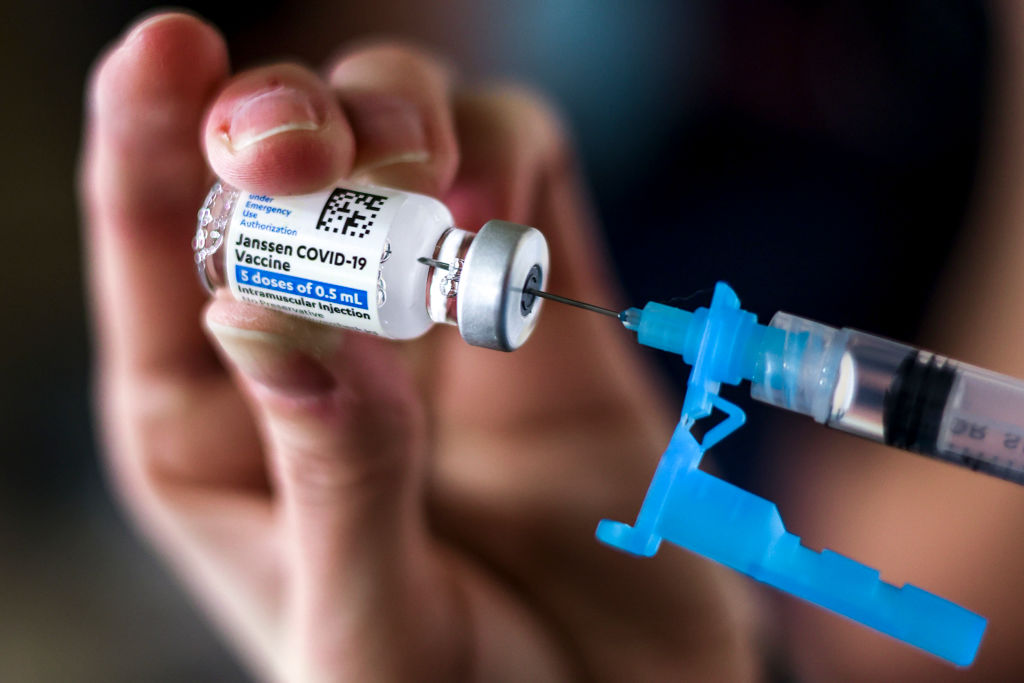It's unlikely America will reach herd immunity, experts warn


A free daily email with the biggest news stories of the day – and the best features from TheWeek.com
You are now subscribed
Your newsletter sign-up was successful
When will the United States reach herd immunity to COVID-19? Experts now say it might not — but that doesn't mean the virus has to remain a "society disrupter."
That's according to a new report in The New York Times, which says there is now a "widespread consensus among scientists and public health experts" that in the U.S., the "herd immunity threshold is not attainable — at least not in the foreseeable future, and perhaps not ever."
The report explains that while experts once thought the U.S. may be able to reach this threshold when 60 to 70 percent of the population had immunity to COVID-19, it's now believed reaching 80 percent or more may actually be required due to the spread of the more transmissible B.1.1.7 variant. This level may be out of reach, experts say, in part due to vaccine hesitancy.
The Week
Escape your echo chamber. Get the facts behind the news, plus analysis from multiple perspectives.

Sign up for The Week's Free Newsletters
From our morning news briefing to a weekly Good News Newsletter, get the best of The Week delivered directly to your inbox.
From our morning news briefing to a weekly Good News Newsletter, get the best of The Week delivered directly to your inbox.
These experts think that COVID-19 may continue circulating in the United States for years, the Times reports, but that vaccines can help turn it into a "manageable threat" that could be "seasonal, like the flu, and affect mostly the young and healthy."
"The virus is unlikely to go away," Emory University evolutionary biologist Rustom Antia told the Times. "But we want to do all we can to check that it's likely to become a mild infection."
Epidemiologist Marc Lipsitch also explained to the Times that by protecting those most at risk, COVID-19 can be turned "from a society disrupter to a regular infectious disease," while evolutionary biologist Carl Bergstrom said that a "very sensible target" would be getting "to a point where we have just really sporadic little flare-ups."
Dr. Anthony Fauci, President Biden's chief medical adviser, acknowledged to the Times there's been a change in thinking on this among experts but noted that putting aside the "mystical level of herd immunity," if "you vaccinate enough people, the infections are going to go down." Read more at The New York Times.
A free daily email with the biggest news stories of the day – and the best features from TheWeek.com
Brendan worked as a culture writer at The Week from 2018 to 2023, covering the entertainment industry, including film reviews, television recaps, awards season, the box office, major movie franchises and Hollywood gossip. He has written about film and television for outlets including Bloody Disgusting, Showbiz Cheat Sheet, Heavy and The Celebrity Cafe.
